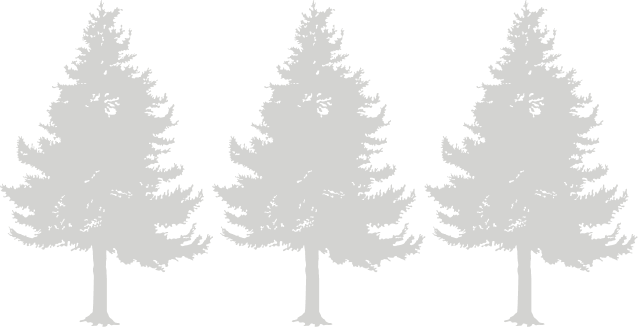TMJ/TMD/Night Guards
“It is what it is.” “I’ve learned to live with it.” “My jaw just does that sometimes.” At Pacific Woods Dental, we never want to hear these phrases in relation to jaw pain. That popping, clicking, or aching in your jaw isn’t just a nuisance—it’s a sign your bite needs some support, and it’s not something you have to suffer through. Instead, get gentle, grounded jaw care from our Beaverton TMJ dentist.

TMJ stands for temporomandibular joint, which is the hinge that connects your jaw to your skull. When things aren’t working quite right in this area, it can lead to temporomandibular joint dysfunction (also known as TMD). TMJ symptoms can sneak up on you in surprising ways and affect more than just your jaw.
TMJ stands for temporomandibular joint, which is the hinge that connects your jaw to your skull. When things aren’t working quite right in this area, it can lead to temporomandibular joint dysfunction (also known as TMD). TMJ symptoms can sneak up on you in surprising ways and affect more than just your jaw.
If you grind or clench your teeth (especially at night), it’s called bruxism. It can worsen jaw pain and even contribute to TMJ disorder. That’s where custom night guards come in. These small, comfortable devices do big things like protecting your teeth, reducing tension, and giving your jaw muscles a break while you sleep. Unlike over-the-counter options, a custom night guard is made specifically for you, ensuring a snug fit and effective results.

Yes, exercises can strengthen and stretch your jaw muscles, improve mobility, and reduce tension. While they might not be a standalone solution for severe cases, they can be highly effective when combined with other treatments.
Night guards are one of the most effective treatments, but they’re not your only option. Stress reduction, improved sleep habits, and avoiding triggers like caffeine or alcohol before bed can also make a big difference.
Because TMD stems from a variety of factors (like stress, posture, or genetics), treatment is more about ongoing care and lifestyle adjustments than a one-time cure. The key is finding what works for you.
While bruxism can be a sign of TMJ disorder, it can also occur independently. If you’re experiencing other symptoms like jaw pain or clicking, it’s a good idea to discuss them with our Beaverton dentist.
Expert Care You Can Trust
With over 20 years of combined experience and advanced certifications in implants and clear aligners, our team brings unparalleled expertise.
State-of-the-Art Technology
From CBCT scans to the TRIOS 5 3D scanner, we use cutting-edge tools to deliver precise, high-quality care designed just for you.
Stress-Free Visits
We get it—dental visits can be nerve-wracking. That’s why we focus on creating a calm, supportive experience where you’ll feel safe and cared for.
Expert Care You Can Trust
With over 20 years of combined experience and advanced certifications in implants and clear aligners, our team brings unparalleled expertise.
State-of-the-Art Technology
From CBCT scans to the TRIOS 5 3D scanner, we use cutting-edge tools to deliver precise, high-quality care designed just for you.
Stress-Free Visits
We get it—dental visits can be nerve-wracking. That’s why we focus on creating a calm, supportive experience where you’ll feel safe and cared for.
Tired of jaw pain? Literally tired from sleepless nights spent grinding or clenching your teeth? The TMJ specialist in Portland at Pacific Woods Dental can find the path to better jaw health, sweeter sleep, and that much-needed peace of mind.